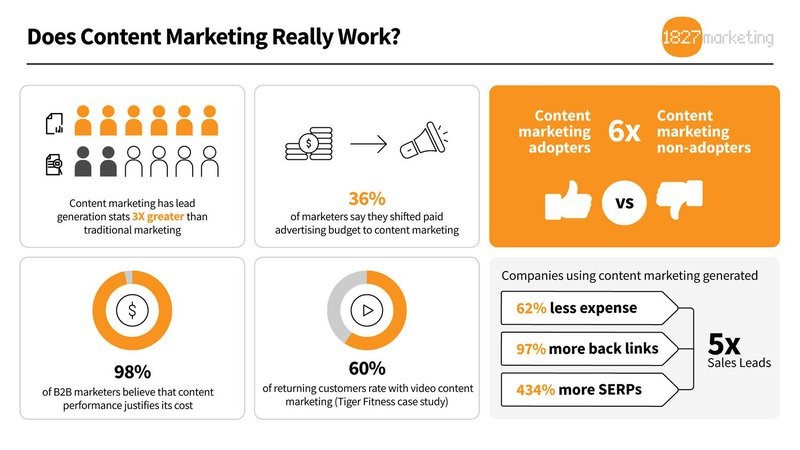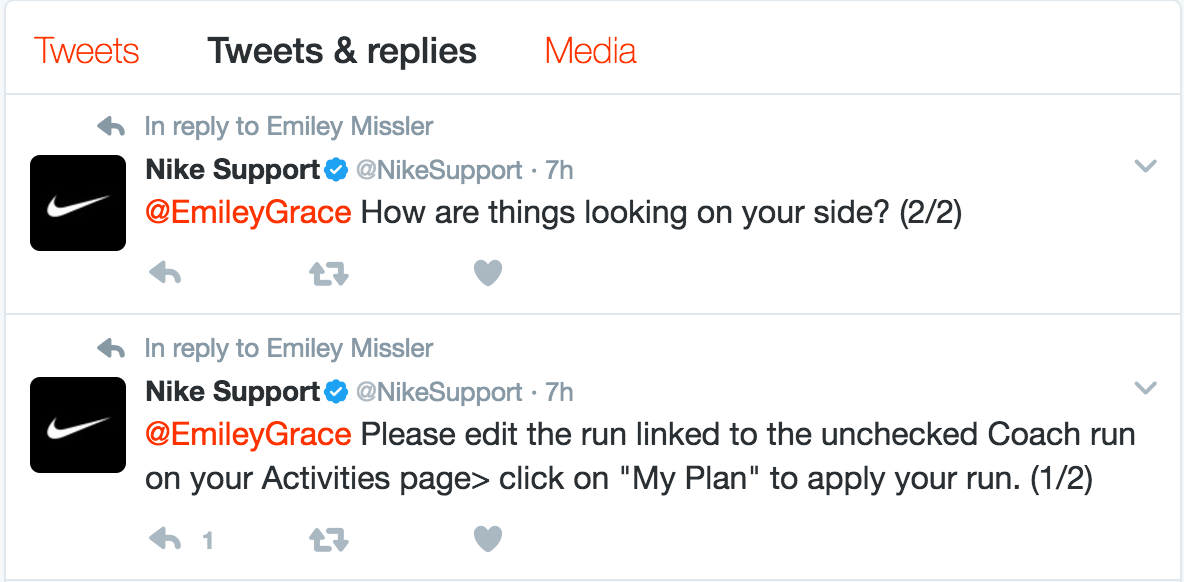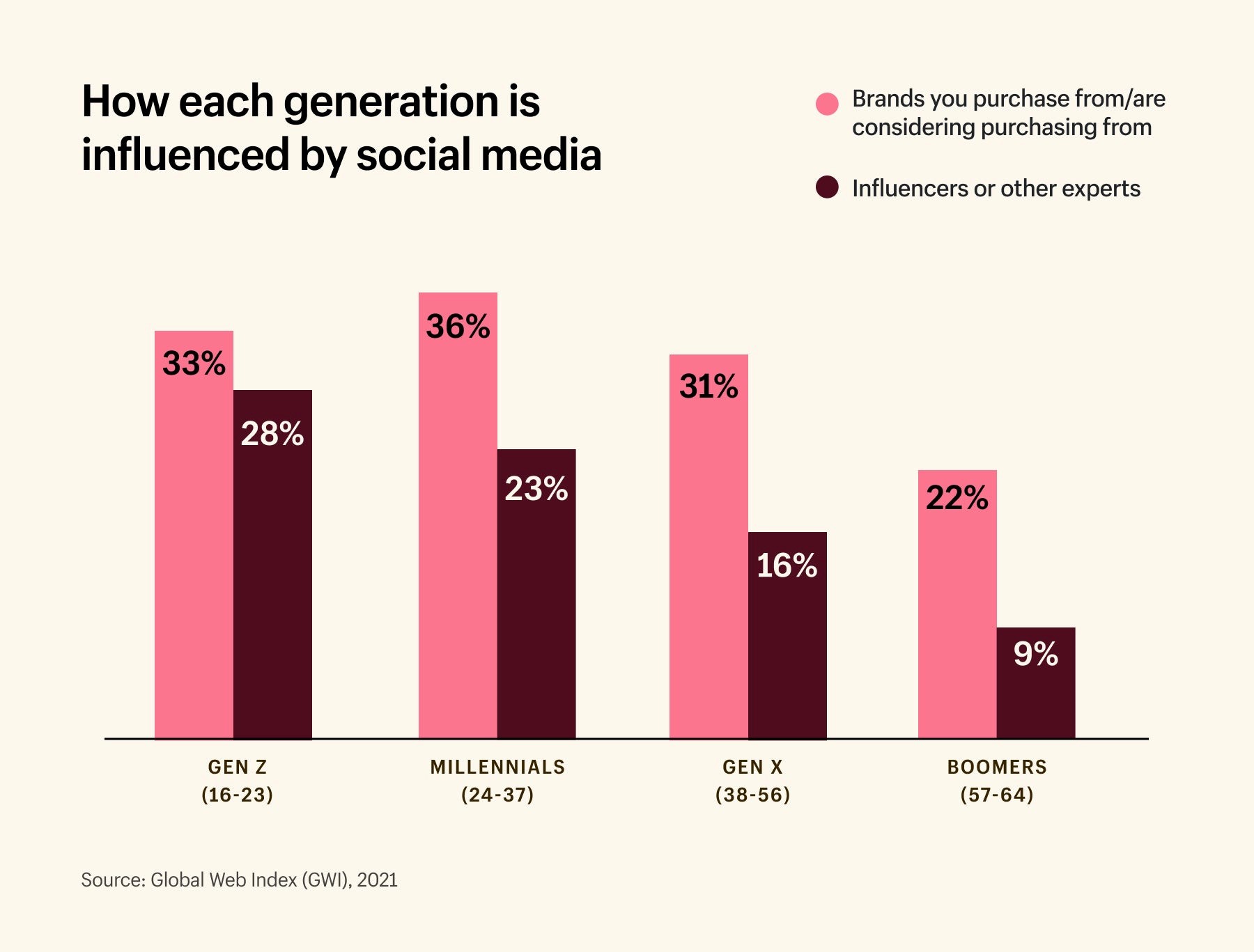When it comes to managing a business as a fitness trainer, you know that training is much more than managing a few workouts with clients every week. It’s all about building relationships and creating a lifestyle for clients. And this is what makes fitness trainers so passionate about their job.
But, as we all know, getting the clients in makes or breaks your fitness training gig. And clients tend to sign up with businesses that they trust. How do you build trust for them to come around and sign up and, more importantly, stay with you? You need to build a strong fitness brand.
What is a strong brand in the fitness industry?
Having a solid brand in the fitness industry marketing is all about recognizable and consistent business expressions; your fitness training business should offer more than products and services – it should provide deeper meaning to clients.
Did you know that 77% of consumers purchase from brands that share the same values as they do? This is because giving more meaning to a brand (other than its direct product and services) allows consumers to relate to it and, consequently, buy from it more often.
Think about it – a good wellness brand means a lot more than its products and services. It’s a lifestyle. A robust fitness brand should be able to capture the essence of fitness and health and communicate it to clients authentically. And online reputation marketing can help with that.
How to Build a Strong Fitness Brand in 9 Simple Steps
We all want to be able to share our services and contribute to clients’ goals. This is why building a strong brand is imperative. You need to get clients to trust you for the long term. This is where the true value of business comes in.
In these nine simple steps, you can build a brand strategically and attractively for prospective clients. Let’s look at them now.
Step 1: Understanding Online Reputation Marketing
Before you can do anything else, you need to understand what online reputation marketing is and why you need to implement it from day one.
Online reputation management is the process where you, as a business owner, monitor and manage your business’s online presence. This is done to help maintain a good and positive brand reputation – because you’re not the only one talking about your brand online. Your business’s online presence is monitored by tracking Google review responses, social media mentions, online forums, and blog post comments.
Online reputation marketing is vetting online reviews in real-time using tools like review management software.
Step 2: Defining Your Brand Identity
Once you know what online reputation management entails and build it into your marketing strategy, it’s time to look to your brand. Defining your fitness brand identity is the next step. It involves identifying your fitness brand’s value, purpose, proposition, style, personality, target audience, etc. It’s crucial to add your logo, color palette, tone, etc., here so that your brand has one unique look and feel easily recognizable to many people.
Here’s an example of Spotify’s brand identity:

Step 3: Building a Strong Online Presence
There are a few steps to take when building a strong online presence:
1. Build a functional, aesthetically pleasing website.
Your website is probably one of the first things someone sees that belongs to your brand. If you’re a fitness trainer, people may hear of you via a friend or social media and click through to your website. This may happen long before they visit your studio. So, your fitness website should exemplify your brand voice and personality. After all, first impressions last!
2. Add valuable information and content to your website.
Once your website is up and running, it’s important not to stop there – you should regularly add meaningful content to your landing pages and blog posts. This helps people see that your fitness content is fresh and that you believe in communicating with them often. Blog posts can later be shared via email to subscribers. This helps with your SEO (search engine optimization) and analytics.
3. Engage your customers and prospects on other online channels.
You will now need to focus on interacting with your customers on channels such as social media. This helps you reach a wider audience and speak to genuinely interested consumers in your fitness services. Remember, though, not all social media channels will be applicable to you as a fitness trainer – so establish a solid social media strategy that speaks to where your customers are and where they interact.
4. Monitor comments about your fitness brand on online channels.
The last step is to monitor the conversation about your brand across social media, Google reviews for business, forums, etc. This can be done seamlessly using review management software, so you don’t have to track any mentions manually. This is where the power of marketing automation really comes to life.
Step 4: Managing Online Reviews and Ratings
The next step is all about online reviews and ratings. First and foremost – remember that feedback is good! Whether that is positive or negative feedback. Because, as a fitness trainer, you can appreciate what works and analyze what isn’t working for your business – directly from your customers.
Here are a few steps you can use as part of your online review management process:
- Monitor and analyze your reviews and ratings.
- Respond to online reviews and ratings. (E.g., Google reviews for business)
- Encourage customers to share more reviews.
- Gain insights from online reviews and ratings and put lessons learned into practice.
Step 5: Content Marketing for Fitness Trainers
When we speak about online reputation marketing or management, we’re referring to the effort you, as a fitness trainer, put into influencing how consumers perceive your fitness brand when they view it online. A popular belief is that online reputation management is out of your control. But there is one area that you can use to influence your reputation – and that’s content.
You may be asking, “Does content creation and marketing really work?” If you are, check out the infographic below:

It’s plain to see that content does shift the influence of consumers. If you look at the example from Nike below, you’ll see they created a social media profile specifically for support. This helps them respond to customers and stay on top of their online reputation 24/7. You can see here that they are answering a question directly while still following up with a message to check if the answer to the question fixed the issue. The follow-up message comes across as extremely empathetic.

As you can see, using content marketing as part of your online reputation marketing strategy is a good idea.
Below are a few key content marketing strategies you can use for your fitness brand:
- Pick content topics that relate to your audience.
- Use influencer marketing (see next step).
- Initiate social media community participation with things like competitions.
- Always stay proactive and positive when interacting with customers.
Step 6: Influencer Marketing and Collaborations
We mentioned influencer marketing in the step above, and it definitely deserves attention when building a strong brand. Influencers can help you accentuate positive reviews and traits and show off your personal branding as a fitness professional. This is extremely important when trying to build rapport with consumers and attempting to build trust with them.
Influencers help you build a strong brand by:
- Making a brand seem personable.
- Creating positive associations with a brand.
- Improving overall engagement with the brand.
As you can see in the graph below, influencer marketing is significant to most generations today:

As influencers work to create a positive perception of your brand, more people will notice you and start to trust you. Remember that influencer marketing strategies should always be used carefully and honestly in order to build an authentic brand online. Using third parties as part of your marketing strategy can be very effective when used appropriately.
Step 7: Leveraging Social Proof and Testimonials
Remember that online reputation marketing focuses on positive testimonials, Google reviews for businesses, and brand advocates. This means you can draw positive reviews and ratings and use them as part of your online reputation strategy.
You can leverage customer feedback for ORM (online reputation management) by:
- Collecting feedback using customer surveys.
- Turning positive reviews and feedback into testimonials.
- Showcasing said testimonials on your fitness website.
- Encouraging customers to share reviews on review sites.
- Creating a refer a friend program for customers who leave reviews.
As you can see, social proof and testimonials can go a long way for fitness trainers, especially because they can generate positive sentiment for you and increase your revenue.
Step 8: Reputation Crisis Management
The reality is that even if you take every step and precaution possible to help protect your fitness training business online, a reputation crisis can, unfortunately, still occur. This can be from a customer, ex-employee, or anyone interacting with your business. This is why it’s crucial to have a reputation crisis management plan on hand.
Below is a list of things you can include in your plan:
- Know that one negative review isn’t a crisis, and it can be beneficial to your fitness brand if responded to and rectified in time.
- Use premium review management software to measure customer feedback and address it in minutes.
- Have an escalation process in place and ready to go at the click of a button. Integrate this process into your review management software.
- If you’re going through a reputation crisis, pause all scheduled blogs and social media posts until after the crisis is addressed.
Step 9: Continuous Monitoring and Improvement
Lastly, you should always monitor your online reputation and aim to improve it as time goes on. As a fitness trainer, your business will grow with more followers and customers daily. It’s vital that you continue to leverage positive reviews and always address negative reviews. Each comment, rating, and review is as important as a sale.
Using the reporting and analytics feature on review management software helps you measure your success and allows you to draw insights from customer feedback. Consequently, this enables you to supercharge the growth of your fitness training business – because strategy is based on data – not theories.
Conclusion
Online reputation marketing can be one of the most powerful marketing tools in your arsenal. All you have to do is ensure that it is planned and executed well with the correct content marketing strategy to back it up. Once you have that, you can build a fitness brand like no other! And while you’re completing your marketing plan, don’t forget to use affordable and streamlined tools available to you – like Gleantap.
At Gleantap, we offer modern online reputation management solutions that are designed to help you build a robust and attractive fitness brand online. Our platform also runs automated campaigns in the background, saving you time while machinery helps alert you of any commentary about your brand.
FAQs
1. Why is online reputation marketing important for fitness trainers?
For fitness trainers, reputation marketing is designed to help attract prospective customers, strengthen your brand online, improve visibility in search engine results, and counter and address negative ratings and reviews shared online.
2. What strategies can fitness trainers use to build a strong brand online?
Encourage your fitness clients to leave online reviews. Share positive reviews on your website. Use review management software to help you reply to comments in minutes. Engage with clients on social media and request feedback.
3. How can online reviews and ratings impact a fitness trainer’s reputation?
People trust online reviews; the more positive reviews a fitness trainer gets, the more trust it can create. Online ratings or reviews are as important as personal recommendations.
4. What role does social media play in shaping a fitness trainer’s brand?
It helps trainers make personal connections with people who follow them on social media. As a result, it helps build their brand online.



2 thoughts on “Online Reputation Marketing for Fitness Trainers: How to Build a Strong Brand”
Comments are closed.